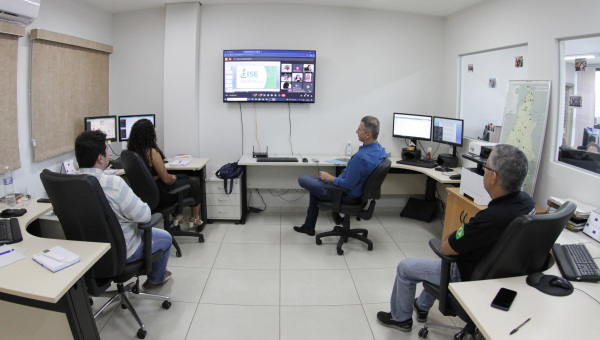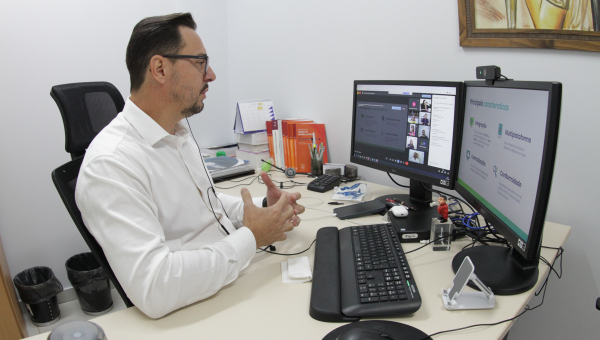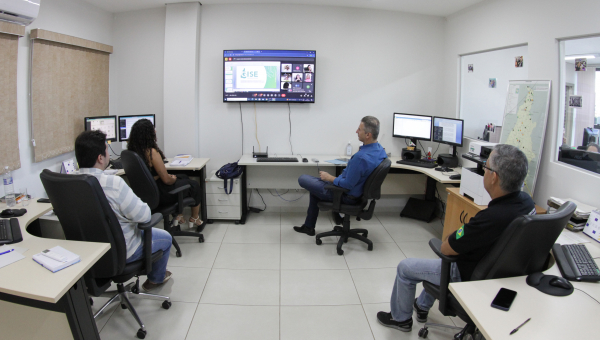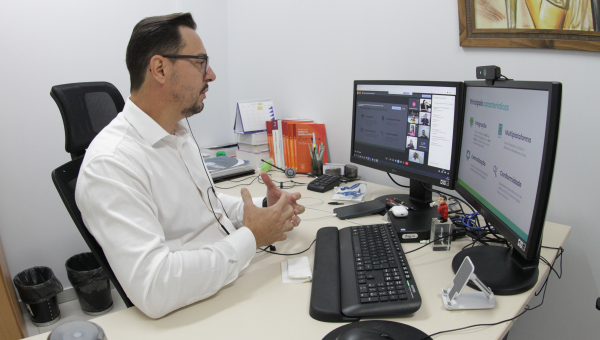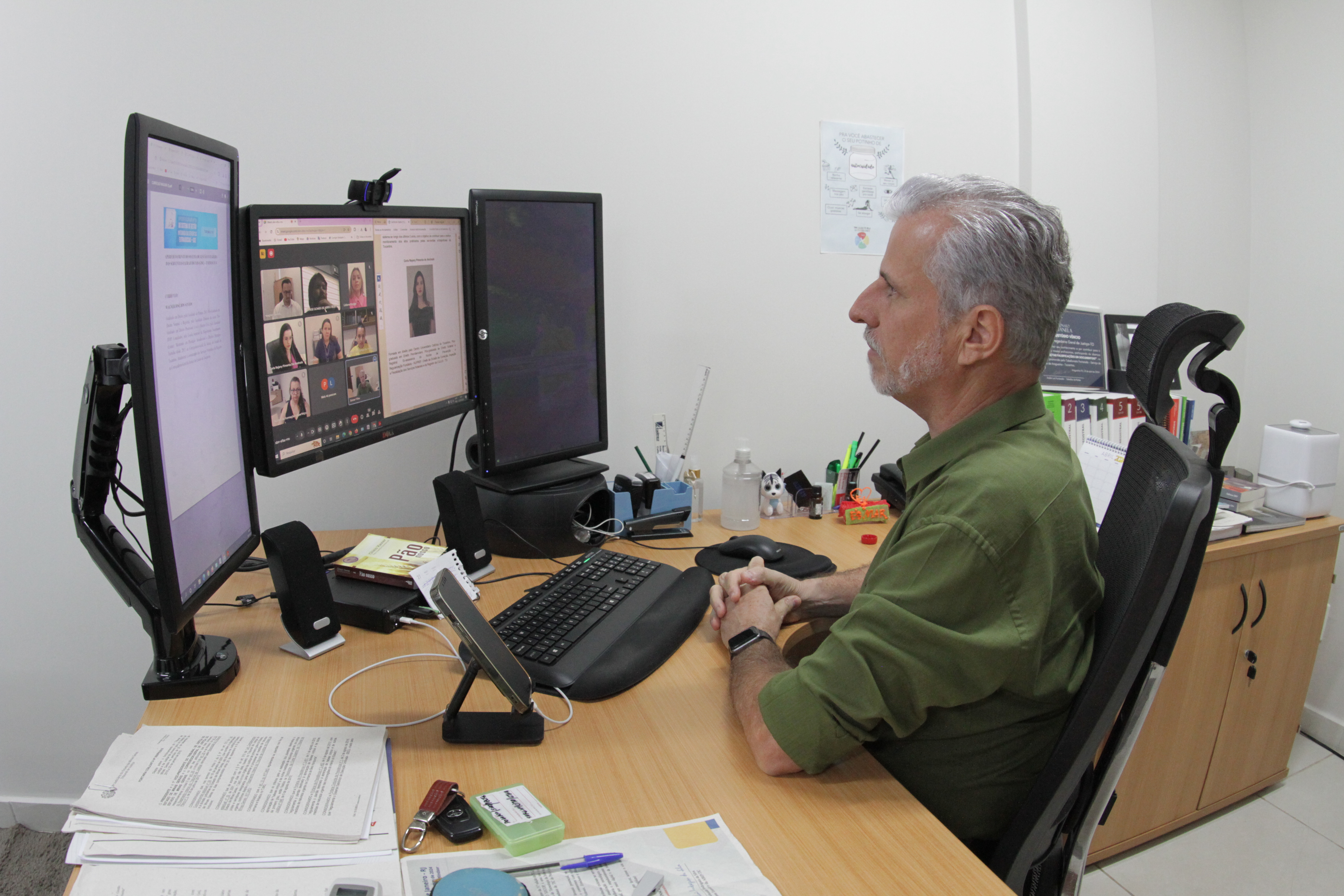
Due to the improvements made to the Integrated Management System for Extrajudicial Offices (Gise) over the last five years, the General Internal Affairs of Justice of the State of Tocantins (CGJUS), through the Superior School of the Judges of the State of Tocantins (Esmat), is promoting new training courses for civil servers, magistrates and delegates who use the tool to monitor the acts carried out by the extrajudicial offices in the State of Tocantins. The online courses have already reached 150 people.
On Thursday (May 23rd), training began for the state delegates. At the opening of the course, the assistant Judge of the CGJUS, supervisor of Notary and Registry Services, Esmar Custódio Vêncio Filho, stressed that the training aims to provide participants with a deeper knowledge of the Gise system, allowing for a broad debate on the subject. “We have an excellent tool that can provide great benefits, and our aim is to share it with the whole country. For two days, you will have the opportunity to make the most of your knowledge through a collaborative tool aimed at the judiciary,” said the magistrate.
Taught by the coordinator of Notary and Registry Services at CGJUS, Wagner José dos Santos, the course covers the main changes and updates to the system, with a practical demonstration of the functionalities of the GISE. “Training the people who use the system is fundamental, as it is essential that users are qualified and know how to handle the tool properly. This helps to avoid inconsistencies and irregularities in the acts and declarations they make. In this way, we can provide more legal certainty for society as a whole,” he said.
Training
The training of this year was held in two stages, in the Virtual Learning Environment (VLE) of the Superior School of the Judges of the State of Tocantins (Esmat). The first, from May 16th to 19th, focused on civil servers and Judges. The current class, which ends this Friday (May 24th), is aimed at the delegates of the Extrajudicial Offices of the State.




